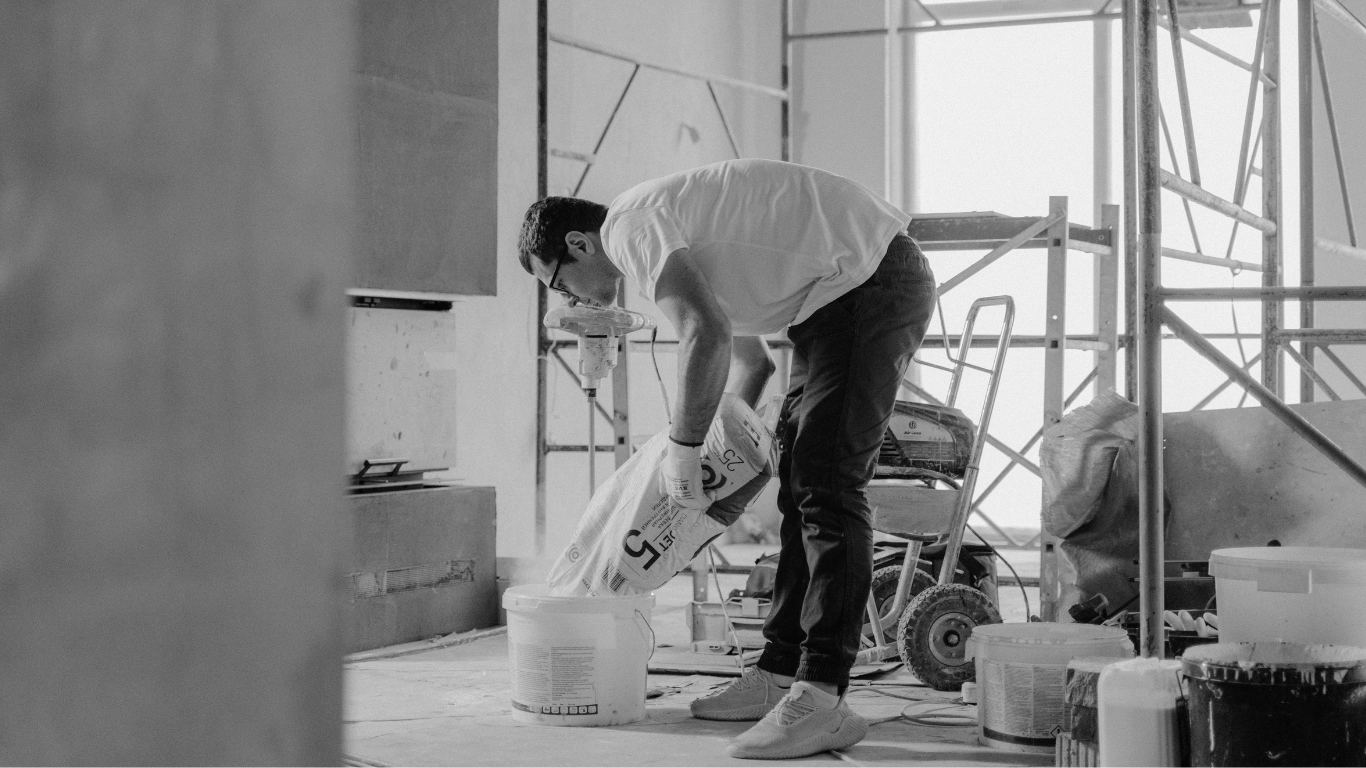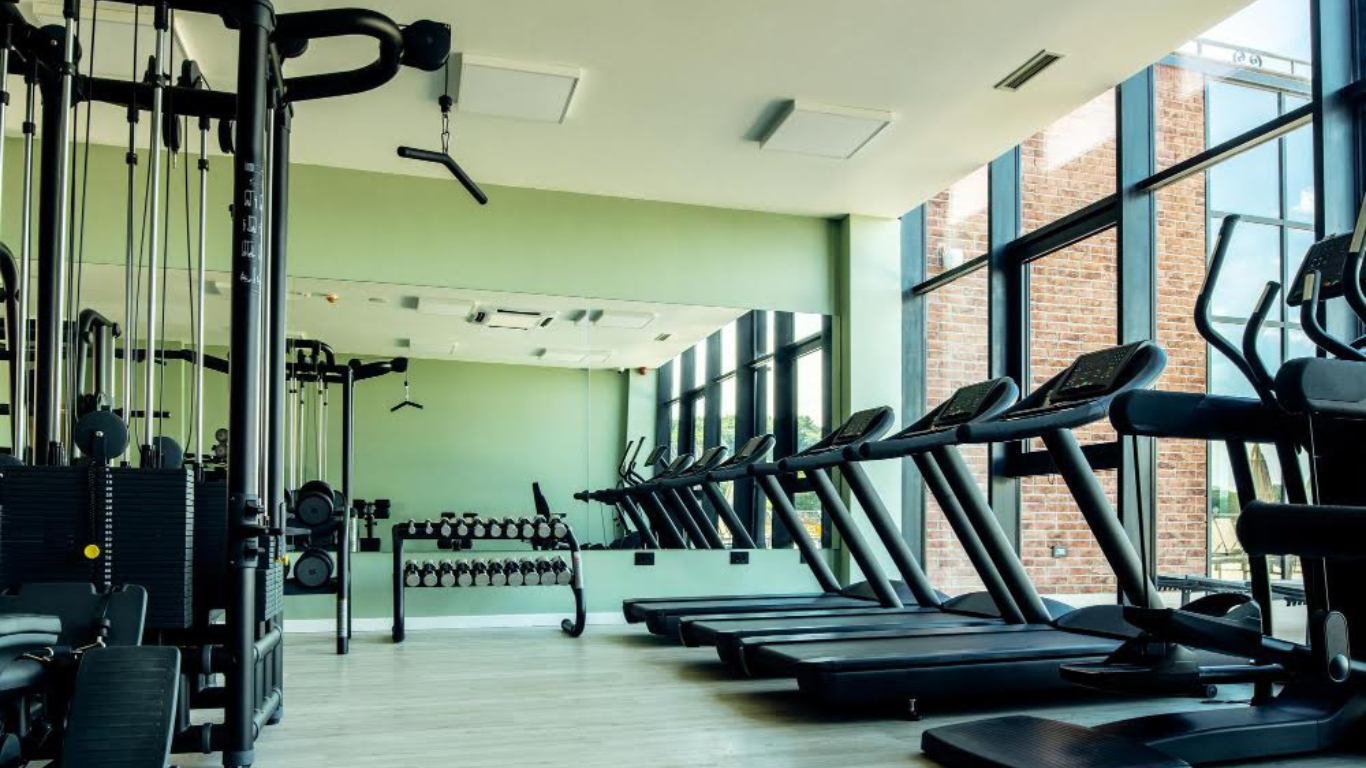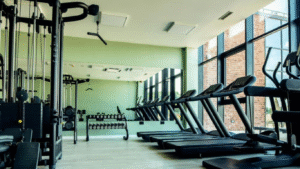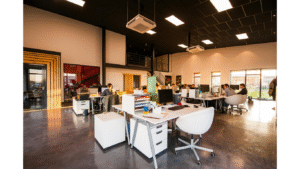Renovating business premises is a task that requires thoughtful planning, efficient execution, and the right equipment. Whether it’s a small office update or a large-scale refurbishment of a retail space, the success of the project depends on how well-equipped you are to handle different aspects of the renovation. Having the appropriate tools and machinery speeds up the process and ensures safety and quality in the results. From demolition work to finishing touches, each stage of renovation involves specific equipment that makes the job manageable and professional. Below, we’ll explore seven important equipment types every business renovation project should include.
Demolition and Dismantling Tools
The first step in any renovation often involves tearing down old structures, removing outdated fixtures, and clearing out spaces for new designs. Demolition hammers, crowbars, and reciprocating saws are fundamental for dismantling walls, flooring, and built-in furniture. Larger projects may call for jackhammers or even compact demolition robots for precision work. Dust extraction systems are equally important to maintain clean air while removing debris. Having the right demolition equipment ensures that unwanted materials are removed efficiently, making way for a smooth start to the renovation process without unnecessary delays.
Concrete Work and Specialized Tools
Concrete often plays a major role in business renovations, whether it’s laying new flooring, repairing structural elements, or creating durable outdoor surfaces. Handling concrete demands precision, timing, and specialized tools to achieve a smooth, lasting finish. Many businesses find that hiring professionals ensures better results, since trained crews bring experience and efficiency to the process. Complex techniques such as polishing, cutting, or resurfacing benefit from advanced equipment, and professionals such as those from DiamaPro Systems often provide solutions that contractors rely on for high-quality outcomes. Proper concrete work creates strength and longevity for renovated premises.
Power Tools for Construction
Power tools are the backbone of construction and renovation work. Drills, impact drivers, circular saws, and angle grinders enable workers to build and modify structures with accuracy and speed. Nail guns and power screwdrivers simplify repetitive fastening tasks, reducing fatigue and improving efficiency. For detailed tasks such as cutting tiles or shaping materials, specialized tools like jigsaws and rotary tools are indispensable. Investing in high-quality, durable power tools ensures that the renovation work maintains professional standards and can withstand the demands of continuous use on a busy site.
Lifting and Handling Equipment
Renovations often involve moving heavy materials, furniture, and fixtures that cannot be handled manually without risk. Equipment such as forklifts, pallet jacks, and dollies makes transporting these items safer and quicker. Hydraulic lifts and hoists are invaluable for installing heavy structural components or large pieces of equipment at elevated positions. For smaller loads, hand trucks and lifting straps can provide practical support. By using the right lifting and handling equipment, renovation teams can reduce strain on workers and prevent costly damage to materials during transport.
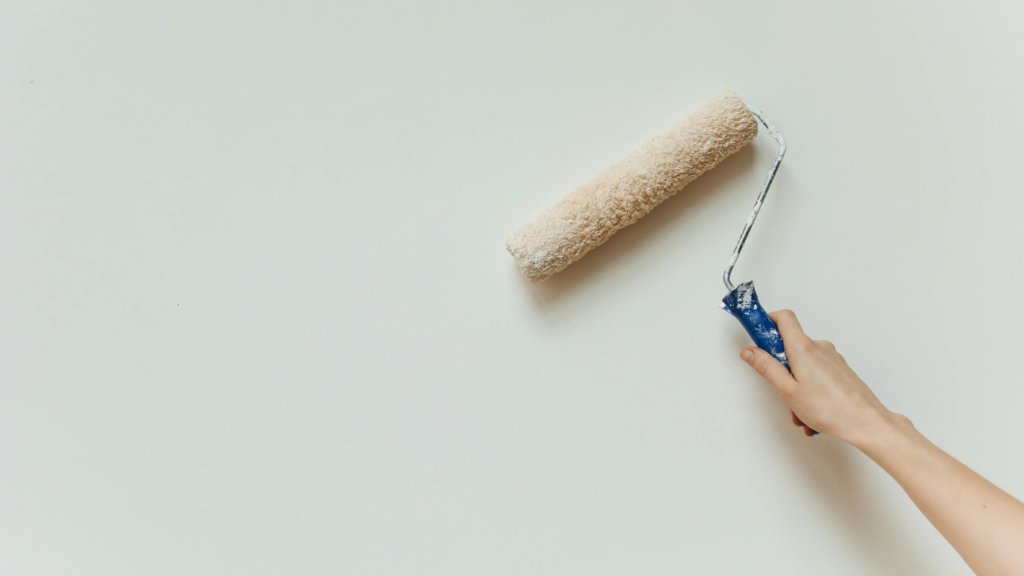
Measuring and Layout Tools
Accuracy is the cornerstone of any renovation project. Measuring tools such as laser distance meters, spirit levels, and tape measures are crucial for ensuring that all installations are aligned and proportionate. Chalk lines and marking tools assist with precise layouts, while digital angle finders and stud detectors add another layer of accuracy to complex tasks. For larger-scale renovations, surveying equipment can help with assessing floor levels and structural alignments. Without proper measuring tools, even the best craftsmanship can fall short, so these instruments are indispensable for achieving high-quality results.
Finishing and Cleaning Equipment
The final phase of a renovation project is all about refinement and presentation. Sanding machines, paint sprayers, and polishers help create a polished, professional finish on walls, floors, and surfaces. Vacuum systems and industrial cleaners are vital for removing construction dust and debris, ensuring the space is spotless and ready for business operations. Floor scrubbers and pressure washers can restore shine to surfaces and give a fresh, welcoming look to the premises. Investing in the right finishing and cleaning equipment enhances the appearance of the renovated space and leaves a lasting impression on clients, customers, and employees.
Renovating business premises involves a wide range of tasks that can only be accomplished efficiently with the right equipment. From demolition to finishing touches, each phase requires specialized tools, machinery, and safety gear to deliver professional and reliable results. Equipping your renovation team with these seven critical types of equipment ensures smooth project execution and safeguards quality, safety, and long-term value. By being well-prepared and properly outfitted, businesses can successfully transform their spaces into functional, attractive environments that support growth, productivity, and success.
Article received via email


